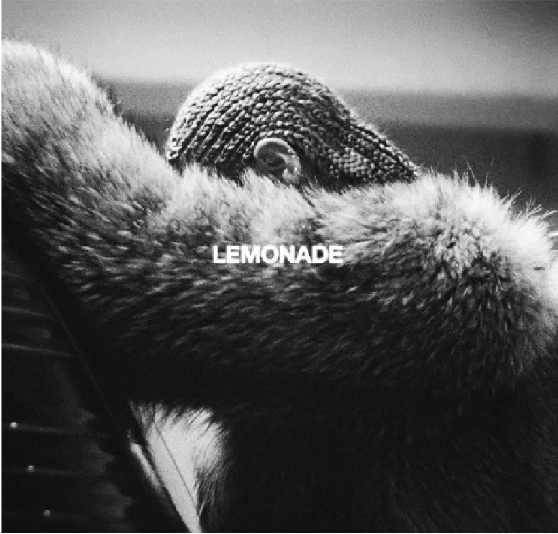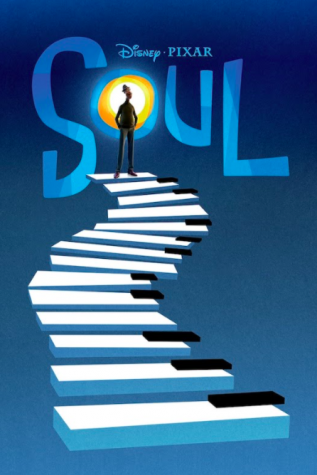When Life Gives You Beyoncé or Vice Versa
Lemonade, Song by Song
The iconic new album from Beyoncé is an emotional journey. Primarily but not only about Beyoncé’s relationship with Jay-Z, “Lemonade” is about growth and healing.
Pray You Catch Me
The opening song of “Lemonade” is raw and stripped back – it introduces the themes of the album; the betrayal, sadness, and trust that follow throughout the rest of the album with its pleading lyrics and swelling string instrumental section that provide a seamless transition into the next song on the album.
Hold Up
The contrast of tone from “Catch Me” to “Hold Up” is sudden, making “Pray You’ll Catch Me” seem like a prologue and selling “Hold Up” as the official start of “Lemonade.” A whispered, “What are you doing, my love?” introduces the song, and immediately establishes a demand for respect. Her love is the love that matters most, and she is going to have it recognized for all it is worth, or somebody will pay.
Don’t Hurt Yourself
“Don’t Hurt Yourself” is not only a warning – it is undoubtedly angry. Yelling over a powerful drumbeat, Queen Bey states (with a little help from rock star Jack White) that Jay-Z messed up not only his relationship when he stepped out on her, but his entire life. The opening line establishes his place in their relationship – the partner to not just anybody, but to the Queen of Pop.
Sorry
Do not let the title mislead you – Queen Bey is not, in fact, sorry. What will undoubtedly be a breakup anthem of the late 2000’s, Beyoncé claims her independence, repeating: “I ain’t thinking ‘bout you.” Revenge without remorse is the name of the game for “Sorry.”
6 Inch
This is a break from the emotionally charged first four songs that really could hold its own as a single.
It’s sultry, deep and independent – about stepping out without fear of judgement from others.
Daddy Lessons
For country music haters, this song will surprise you. This song shows the similarities between her now troubled marriage and her since troubled relationship with her father. Titled “Accountability” in the visual album, it’s an upbeat cautionary tale.
Love Drought
In complete contrast to the rueful, cautionary tone of “Daddy Lessons,” “Love Drought” is the pivotal point of the album. The song shows Beyoncé evaluating her current relationship with Jay-Z and, more importantly, with herself. She battles between love and lies, anger and atonement, titling the segment of the video “Reformation.” Here, Beyoncé shifts, slows, and begins to forgive.
Sandcastles
The most emotional song on the album, “Sandcastles” is a wave of calm, of forgiveness. Using gospel influences to add to the depth of meaning and raw emotion, the song is tear-wrenching and beautiful.
It speaks to both the power and fragility of a relationship, grounding the album emotionally and concluding the resentful chapters of the love story.
Forward
The shortest song on the album, James Blake lends his voice to “Forward.” As the title suggests, the song is about moving on – moving forward. It shifts the focus of the album away from Beyoncé’s relationship, speaking on partnership and giving way to the powerful, black womanist anthem: “Freedom.”
Freedom
With strong, powerful vocals and the incendiary political rap lyrics of Kendrick Lamar, “Freedom” brings the album to a head. Titled “Hope” in the video, Beyoncé brings together and addresses all the elements of black womanhood that are displayed in an album. Beyoncé speaks on oppression as a black woman but in an uplifting anthem that displays her power, her determination, and most significantly, her hope.
All Night
“All Night” is a display of lessons learned. Fueled by less raw emotion than the other love ballads, Beyoncé is more uptempo and builds on the hopeful tone set in the previous few songs.
The song, being the unofficial end of the album before “Formation,” has a finality to it. With the gut-wrenching guitar that grounds the piece, the song gives the album closure and shows growth and promise for the future.
Formation
In the iconic single “Formation,” Queen Bee takes it upon herself to just make sure that we all still know that she is, and forever will be, one of the most influential pop and R&B singers of our generation. “Formation” is a call for black women and feminists to claim not only their bodies, but a space in a world that was not ever built for them while simultaneously scalping us all bald with her ferocity as an artist. You do indeed, slay, Queen.




